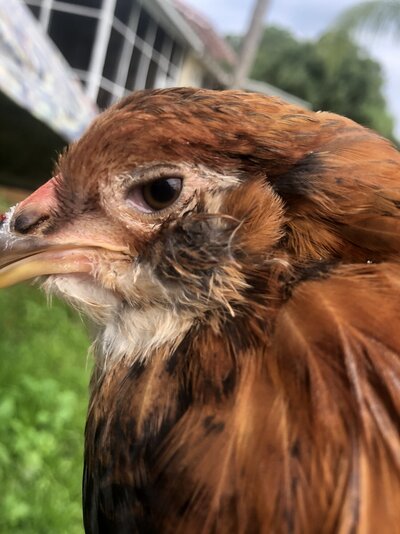I brought 3 silkie pullets home about a week ago, before I realized this was an illness and not just stress in one chicken. They are 12 weeks old. We have kept them on a separate part of the property and we have done hand washing and shoe changes between handling the different sets of chickens (ironically to make sure the silkies weren’t bringing anything in). Is it possible to test them to see if they now have it? If they don’t I feel it’s probably best to move them on before they do. I had ordered a separate coop for them but probably have time to cancel it.
As a practical matter, trying to keep any other chickens on the same property without them being exposed to the disease will be almost impossible.
Since there's a good chance the silkies are already exposed, I would probably continue with your original plan to get the coop and keep them.




